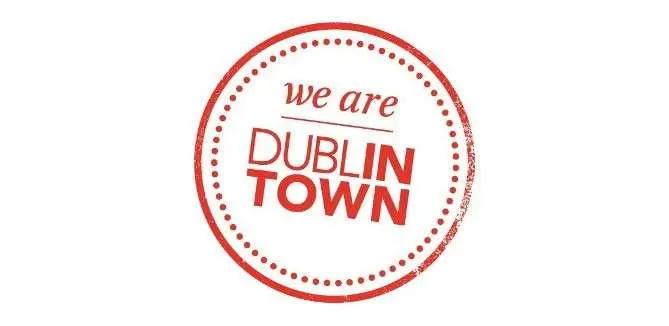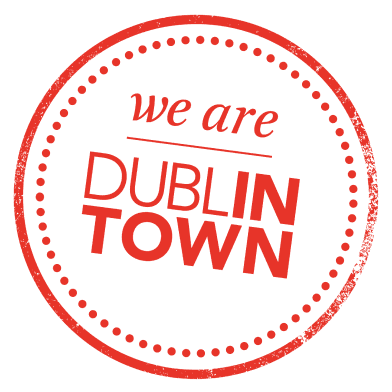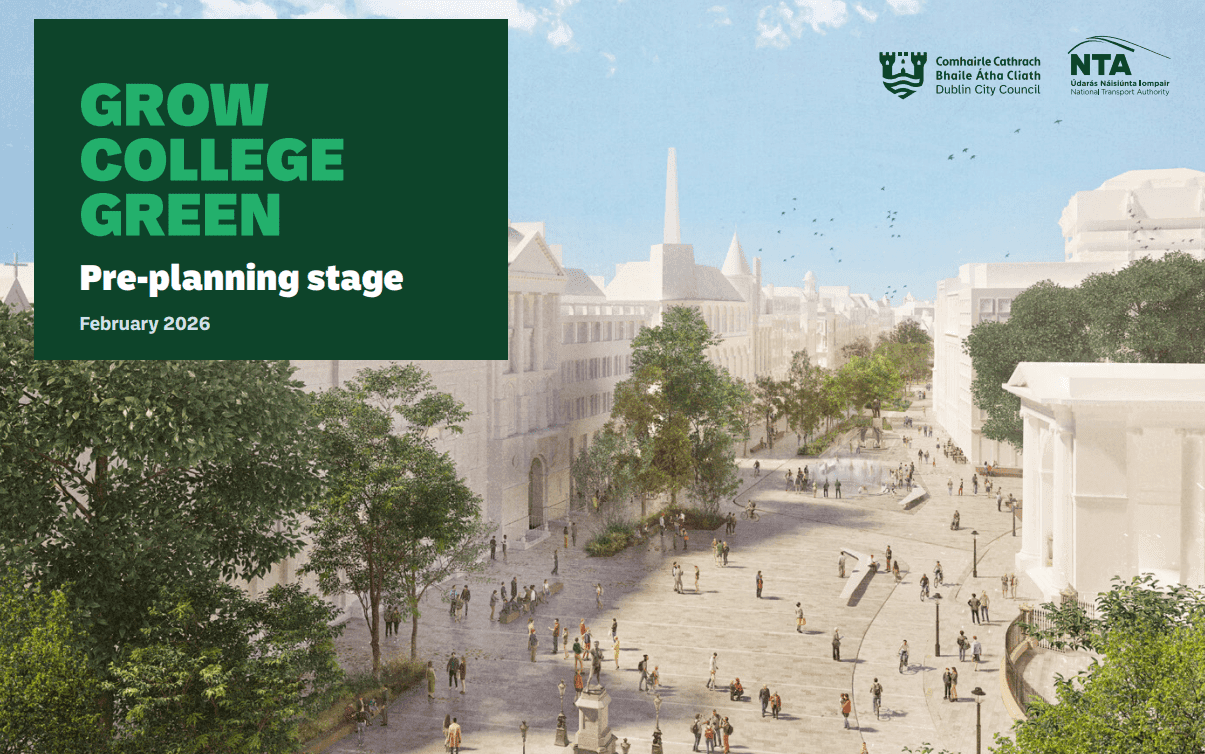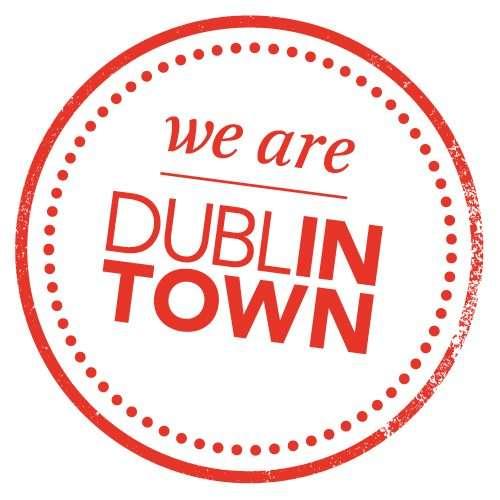DublinTown Five Point Plan for Re-Opening City Centre

- Sun 17 May, 2020
Maintaining business through the crisis
Covid-19 is first and foremost a health concern. All decisions must be informed by the need to maintain to the greatest extent possible the health and welfare of all. Within this health context, the guiding principle behind all DublinTown actions must be to preserve as many businesses and their staff in situ until normality returns, which may be in 12-18 months or longer. The virus will be with us indefinitely but not infinitely. Dublin City’s business community know that this will lead to hard decisions and compromises that wouldn’t have been countenanced pre-covid. Without an integrated and cohesive plan up to one-third of city businesses may be lost in 2020.
Developing public trust and confidence
Generating the trust and confidence of people working, socialising and shopping in town is a priority. This will require consistent and clear messaging at National, Local Government, and business level. Customer experience will determine the success of city plans and related messaging. Customer confidence will depend on the level of virus containment. In this we can learn from the experience of essential retail workers in grocery and pharmacy stores, Gardaí and transport workers who have not suffered above average rates of infection during the lockdown. There is merit in understanding how this has been achieved and communicating these learnings more widely. We successfully achieved such communication co-ordination for the national celebrations in 2016, it would appear logical to re-establish the same communications structures to manage the covid19 crisis and our ultimate social and economic return.
Transport and access
DublinTown’s footfall cameras record c.160,000,000 pedestrian movements annually equating to up to 300,000 people visiting the core city centre each day. 67% of people use public transport to access the city. Given physical distancing, that capacity will be capped meaning c.150,000 people per day will be unable to access their previous mode of transport of choice. We need a practical debate that focuses on what can be achieved by maximising our current resources. There will be learnings in this. DublinTown is calling on all parties to engage with businesses, workers and customers regarding the choices that best meet their needs and establishing plans which can be adapted to meet evolving needs. We need to invest in pedestrian and cycle infrastructure, allow for e-bikes and e-scooters, stagger business opening times and maintain car access to the city. Pedestrianisation of certain streets is required to allow businesses to re-open.
Burden sharing
Social distancing provisions will limit the number of people who can visit a commercial premises at any one time. This will result in many operating at a maximum of c.45% capacity, meaning they are not viable with their current cost base. In addition businesses are facing significant costs to meet Covid19 regulations. Businesses need access to outdoor spaces, for additional seating and queueing to assist them in meeting overhead costs. We must avoid excessive vacancy which would threaten the viability of remaining businesses. Businesses will also need ongoing support. While Government supports to date are welcome, without addressing overhead costs many customer facing businesses will fold, and much of the €6.5bn in support provided by the Government will be lost. Placing excessive debt on the shoulders of SME’s will result in zombie businesses that are unable to perform or invest in the future. A system of burden sharing based on gross profits would enable businesses to reduce overhead costs. Supports in terms of grants, reduction to interest only loans, and liquidity measures would be required within the business chain. A working group at national level must be established to consider overheads arising and the implications of partial payment on the rest of the business chain and how consequent impacts could be addressed. If one-third of retail and hospitality businesses are lost, the cost to the state in social welfare costs will be in the region of €3bn per annum, a figure that can be at least doubled when lost taxes are taken into account and spending power within the economy evaporates. It makes sense that people are kept in employment and business are kept open until recovery takes place. It would be a better use of our €6-7.5bn. National and Local Government must work in co-operation with traders on the ground to adapt plans and reduce costs, including rates and VAT, to allow the SME sector to survive.
Businesses in the decision-making process
Businesses know their own premises, customers and staff and understand how public health guidelines can best be implemented within their own environment for the safety and welfare of all. This will involve compromise and cooperation and is required for the sustaining of their business and business districts. It is essential that they are involved in the dialog and decision-making processes that will impact on them, their colleagues and their customers. Plans that don’t achieve the result of maintaining town centre vibrancy will lead to social and economic devastation.
The full plan can be found here: click here to view.


